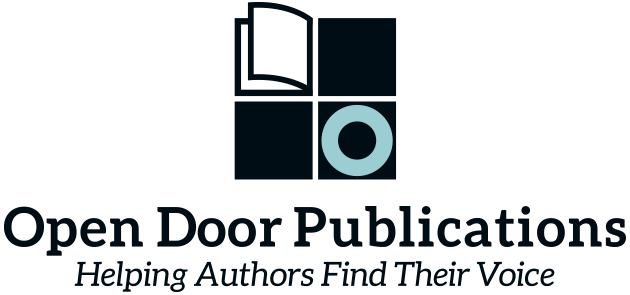Way back in May you set a goal: I’ll finish my book before the end of summer. Now, the unofficial end of summer, Labor Day, is almost here, and it’s only a month until the official start of autumn on Sept. 23.
And you’re looking at your computer wondering where the time has gone.
Have you written a paragraph? A chapter? Are you almost finished? It doesn’t matter where you are in your project, what matters is that you started. Now let’s see if we can help you finish. Here are a few tips to help you make the end of summer as productive as possible.
-
Develop Your Vision. Why do you want to write a book? What do you want your book to do for you? There are as many possible answers to these questions as there are books and authors. You may want your book to inspire others, to help you build a business, to build your reputation as a writer, or all of the above. There is no wrong answer, only your answer.
2. Don’t Wait for Inspiration. How often have you said, “I’ll start writing my book when…” Now the summer is almost over, and you’re still waiting for that lightning bolt of inspiration to strike. That special moment when time, energy and inspiration all come together. If you are going to finish your book you must schedule regular writing time every week—if possible every day—and then make that time sacred.
3. Write About Your Passion. If you are not passionate about the subject of your book you are not going to want to spend the time needed to write it. Writing is hard work. You are giving up those last precious days of summer when you could be at the pool, picnicking with friends, or just sitting outside reading a book, not doing the hard work of writing one. Just because dozens of people have told you that you ought to write a book on a certain subject, doesn’t mean you should. If you don’t love it, find another topic!
4. Set Your Goals. A book is a big project. You can’t finish your book in one afternoon. Set some goals for yourself. “By Sept. 1 will have completed my outline.” “I will write three chapters each week.” Make sure your goals are realistic, then stick to them.
5. Give Yourself Rewards. Now that you’ve set your goals, reward yourself when you accomplish them. It works for your kids, why shouldn’t it work for you? Set small rewards for small goals, a bike ride or a walk in the park for finishing 1,000 words, for example. Set larger rewards for larger goals, a night of fun with your favorite video, popcorn and maybe some friends to share it, for completing a chapter. And don’t forget to set a really nice reward for actually finishing your book!
6. Manage Priorities, Not Time. Make a list of your priorities, then divide these tasks into four categories: Urgent and Important, Urgent and Unimportant, Not Urgent and Important, Not Urgent and Unimportant. For example, a ringing phone urgently pleads for your attention, but is often unimportant. The two hours you block twice a week to work on your book are Important but Not Urgent, so it’s easy to let something else slide into that time slot. How much of your time is spent on Urgent but Unimportant activities? Using this quadrant will help you see just how you are using your time.
7. Block Your Time. Now that you know what your most important priorities are, take out your calendar and start blocking in times. Block out the time spent on running errands, attending meetings, taking kids to activities. What time is left? Can you find two or three two-hour periods each week to work on your book? Once you’ve blocked them, make them sacrosanct. Only real emergencies should keep you from working on your book in those time periods.
8. Find the Right Place to Write. Writing takes concentration. You really cannot do your best work in the middle of the family room with the TV blaring and kids running around. Find a quiet corner where you can keep your work organized and easily accessible. Even if you live in a small apartment, make yourself a comfy corner where you can work without distraction.
9. Find an Accountability Partner. An accountability partner is someone who supports/nudges/nags you into completing a difficult project. Accountability partners can be used for everything from weight loss and exercise to writing your book. The relationship works best if each person has the opportunity to be both the nagged and the nagger. If the deal is only one way, it can devolve into something uncomfortably like the relationship between a parent and teenager – and that’s a good way to ruin a friendship. Both people don’t have to be working on the same thing, although that can be helpful. Just make sure that you and your partner have clear rules about the structure and type of nagging that will occur.
10. Why projects fail is failure to start. What’s the number one reason why projects fail? Failure to start. So pick a topic. Pick a time. Pick a place. Pick up a pencil. Pick out a file name for your new document. And write.

